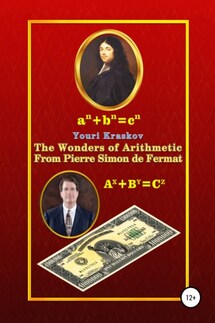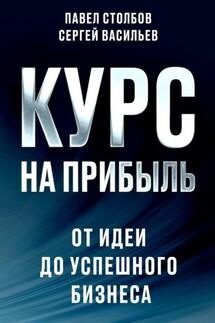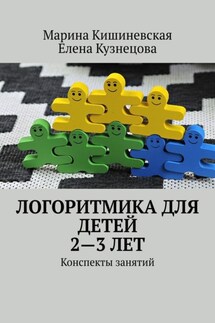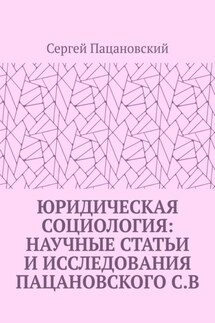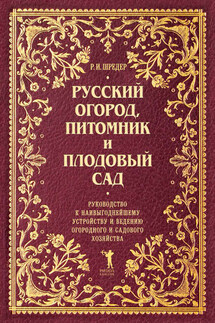The Wonders of Arithmetic from Pierre Simon de Fermat - страница 22
“I don't believe Fermat had a proof” – this opinion was not new at all because many reputable scientists have repeated this many time. However, this is clearly against logic. It turns out that Fermat somehow managed to formulate an absolutely not obvious theorem without any reason whatsoever.10
Another contradiction in Singh’s book is a clear discrepancy between the documentary facts and the assessments of Fermat as a scientist by consultants. It is necessary to pay tribute to Singh in that he is in good faith (although not fully) outlined that part of the Fermat's works, which relates to his contribution to science and is confirmed documental. Especially it should be noted that arithmetic is called in his book "the most fundamental of all mathematical disciplines". Only one listing of Fermat's achievements in science is enough to be sure that there were only a few scientists of such a level in the entire history of science.
But if this is so, then why was it necessary to think out something that is not confirmed by any facts and only distorts the real picture? This is very similar to the desire to convince everyone that Fermat could not prove the FLT since this is allegedly confirmed by historians. But historians received information from those mathematicians who did not cope with the Fermat’s tasks and could in this way express their discontent. Hence, it's clear how appear all the arguments taken from nowhere that Fermat was an amateur scientist, arithmetic attracted him only with puzzles, which he “invented”, FLT also was by him “invented” looking at the Pythagorean equation, and his proofs he did not want to publish because fear of criticism of colleagues.
That's what they really meant! Instead of the greatest scientist and founder of number theory as well as combinatorics (along with Leibniz), analytical geometry (along with Descartes), probability theory (along with B. Pascal), wave optics theory (along with Huygens), differential calculus (along with Leibniz and Newton), whose heritage was used by the greatest scientists in the course of centuries, suddenly a “lover” of puzzles appear, who only enjoyed the fact that no one could solve them. And since arithmetic is puzzles then this most fundamental of all sciences is relegated to the level of crosswords. Such a “logic” is clearly sewn with white threads and to be convinced of this, it is enough just to point out some well-known facts.
History has not retained any evidence that during the period life and activity of P. Fermat, someone has solved at least one of his tasks.11 This fact became the basis for opponents else in those times to compose all kinds of tales about him. In the surviving letters, he reported that he had already sent proofs to his respondents three times. But none of these proofs reached us because Fermat's letters recipients in eyes of posterity of course, did not want to look like they could not cope with simple tasks. Another indisputable fact is that the Fermat's personal copy of the book “Arithmetic” by Diophantus edited in 1621 with his handwritten comments in the margins, none of the eyewitnesses have ever seen!!! Well, now just a most curious picture turns out. Fermat’s critics seriously believe a witty Gascon joke that the Honorable Senator (apparently because of his lack of paper!) writes accurate and verified text of thirty-six Latin words in the book's margins, but are absolutely don't believe that he (the greatest scientist!) indeed had “truly amazing proof” of his own theorem.
